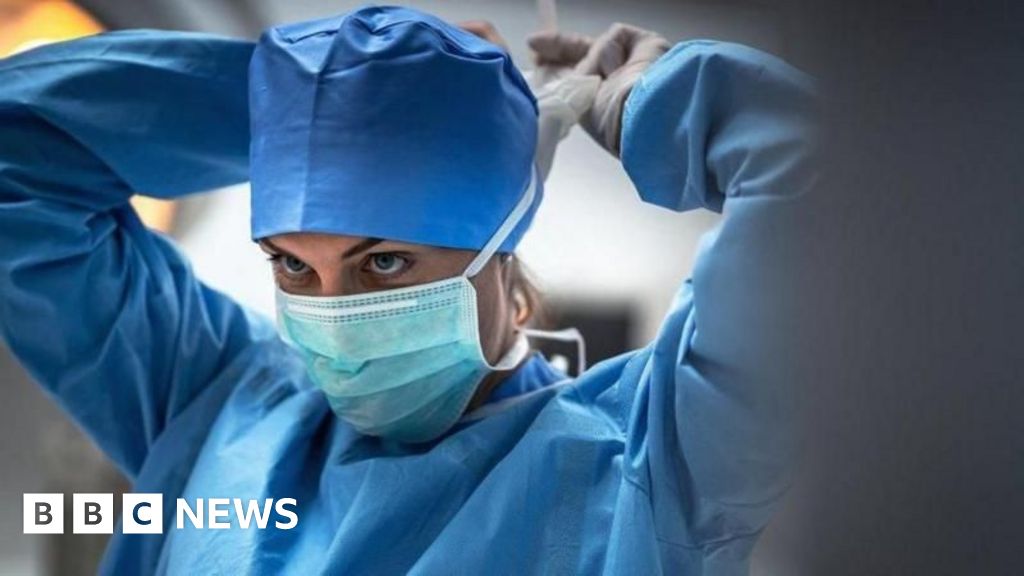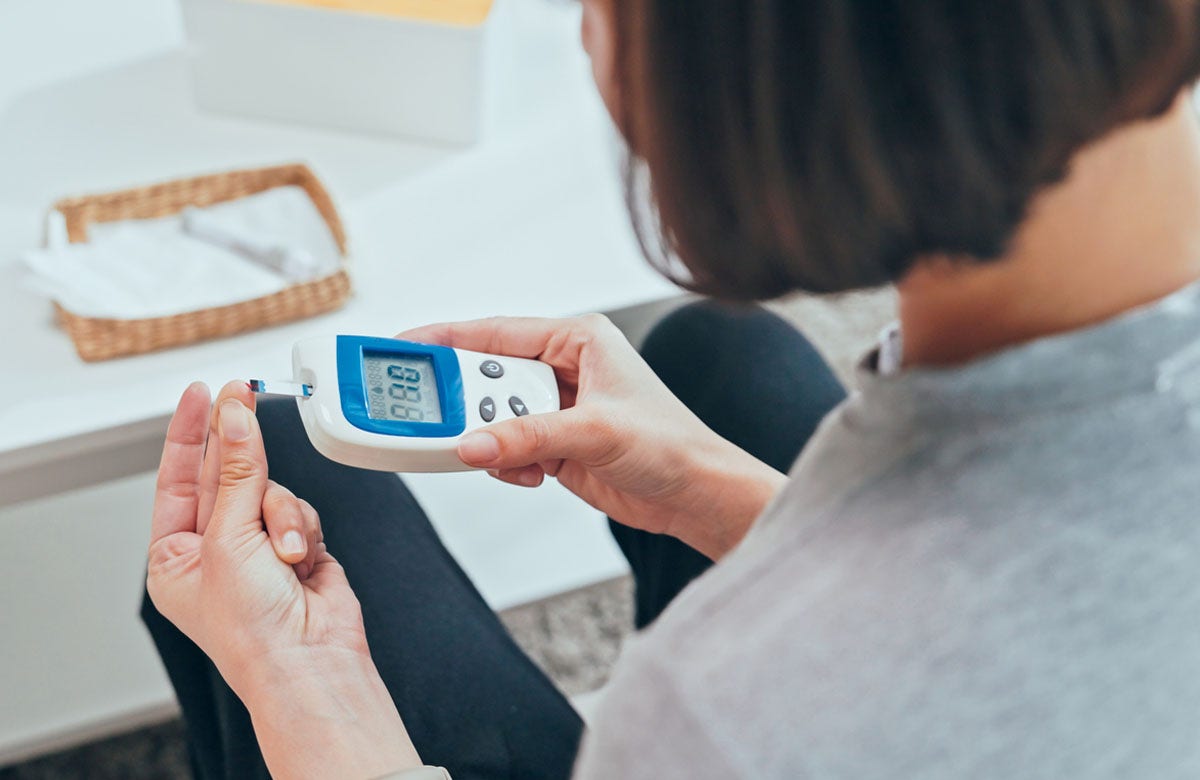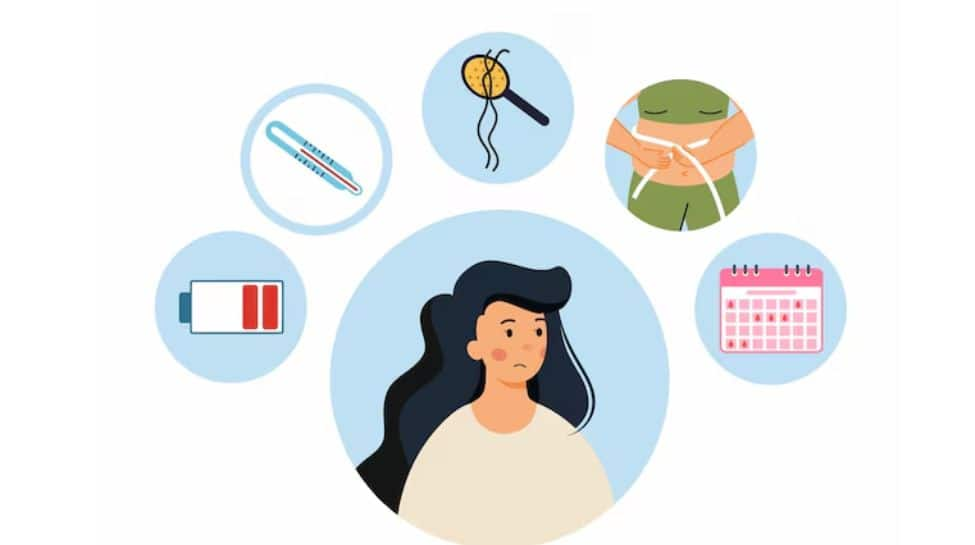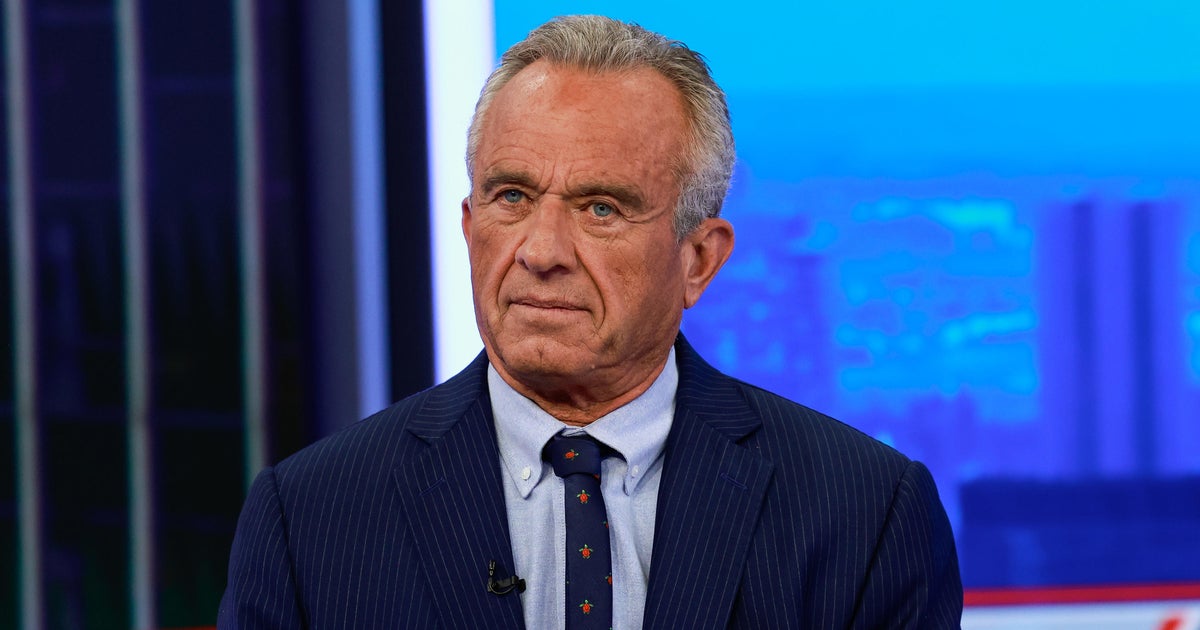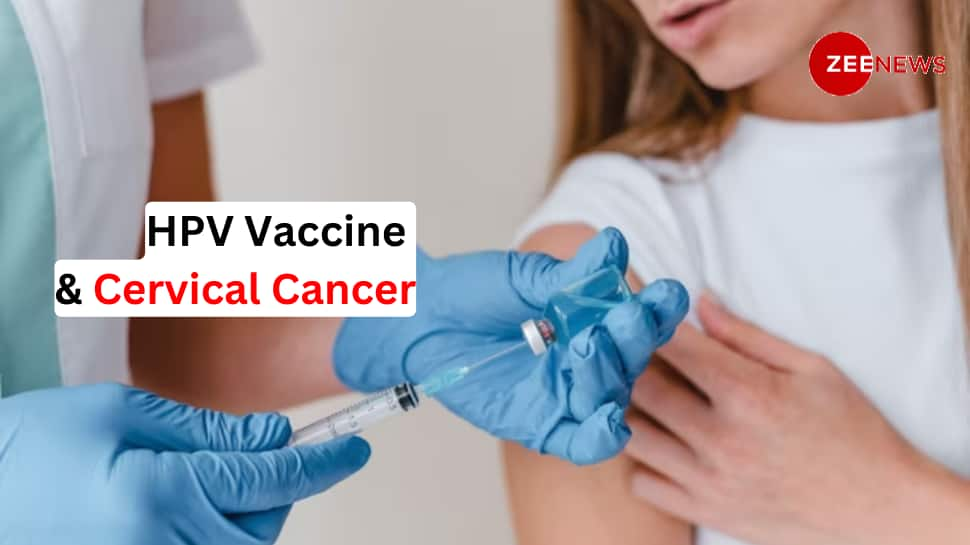Cervical cancer is the second most cancer occurring in the women of our country, which results in high mortality rates, especially when detected late. Human papillomavirus (HPV) infection is a primary cause. Regular screenings and vaccinations are pivotal for early detection and prevention. Prioritizing women’s health, awareness campaigns and accessible healthcare contribute to combating this insidious disease effectively.
Dr Alka Dahiya, Associate Consultant, Surgical Gynae Oncology, Max Super Speciality Hospital, Shalimar Bagh says, “There are multiple risk factors, for example, beginning of sexual activity at an early age. Multiple sexual partners, low socioeconomic status with poor personal hygiene and sexual hygiene and also prolonged use of oral contraceptive pills, but thankfully today we have many techniques which can help us either detect this cancer in time or prevent it together. We now have the HPV vaccine which, when taken between 9 to 14 years of age by the girls or even up to 26 years of age offers.”
“Protection against this virus we have screening techniques like the Pap smear which when done every 3 years and HPV testing which is done every 5 years can help protect against this problem at an early stage or in the pre-invasive phase when it is still treatable and very much curable. So, maintain a good sexual hygiene,” highlights Dr Alka.
Need for HPV Vaccine and Where is it available
Dr N Sapna Lulla, Lead Consultant, Obstetrics & Gynecology, Aster CMI Hospital, Bangalore adds, “HPV Vaccine offers remarkable protection, reducing the cancer risk by 99%. The earlier the vaccination (ages 9-26) is administered, the higher the impact. Women up to the age of 45 may also get an advantage from vaccination, especially if they haven’t been previously vaccinated, genetic risk, or are at risk due to certain sexual practices.”
Who is Eligible for HPV Vaccine?
Though all women can take the vaccination, pregnant women, women with lower immunity, and those with select medicine allergies need to consult their physician before taking the vaccination. There are no obvious side effects associated with the vaccinations, however, there could be pain or redness in the injection site, headache or dizziness, or muscle pain, which will reduce over some time.
“Early detection is vital, as symptoms are not evident till stage 3, which often appears later. Unfortunately, many women in India seek help in later stages, lowering the recovery rate to 50%. Thus, early detection significantly increases recovery chances,” adds Dr N Sapna.
Why Women Lack In Immunization Against Cervical Cancer In India
Dr Sameena H, Consultant- OBG, KMC Hospital, Mangalore explains,”In India, accessing vaccines, like the HPV vaccine that guards against the leading cause of cervical cancer, is a challenge.”
Several factors contribute to this hurdle adds Dr Sameena:
– Firstly, awareness is low in many parts of the country. Women lack information about cervical cancer prevention and vaccine availability. Education campaigns can bridge this gap, ensuring more women understand the risks and benefits.
– Secondly, affordability is a roadblock. Many women in India may find it challenging to afford vaccines. Public health initiatives and partnerships can make vaccinations more accessible, ensuring cost is not a barrier to safeguarding women’s health.
– Lastly, logistical issues, like vaccine distribution and infrastructure gaps, play a role. Improved healthcare infrastructure and streamlined distribution can make vaccines more readily available in both urban and rural areas.
Expert Preventive Tips For Cervical Cancer
Dr Sameena shares tips to prevent the second most prevalent cervical cancer:
– Cervical cancer is a major concern for women worldwide, causing hundreds of thousands of deaths annually. The good news is that simple steps can significantly reduce the risk. Experts recommend a two-pronged approach: regular screenings and timely vaccinations.
– Screenings, like Pap smears, can detect early changes in the cervix, allowing for effective intervention. Women, especially those over 30, should get regular screenings as the risk of cervical cancer increases with age.
– Additionally, adopting healthy lifestyle habits can further lower the risk of cervical cancer. Practices like safe sex, HPV vaccination, regular screenings, quitting smoking, and maintaining a healthy lifestyle contribute to overall well-being.


























